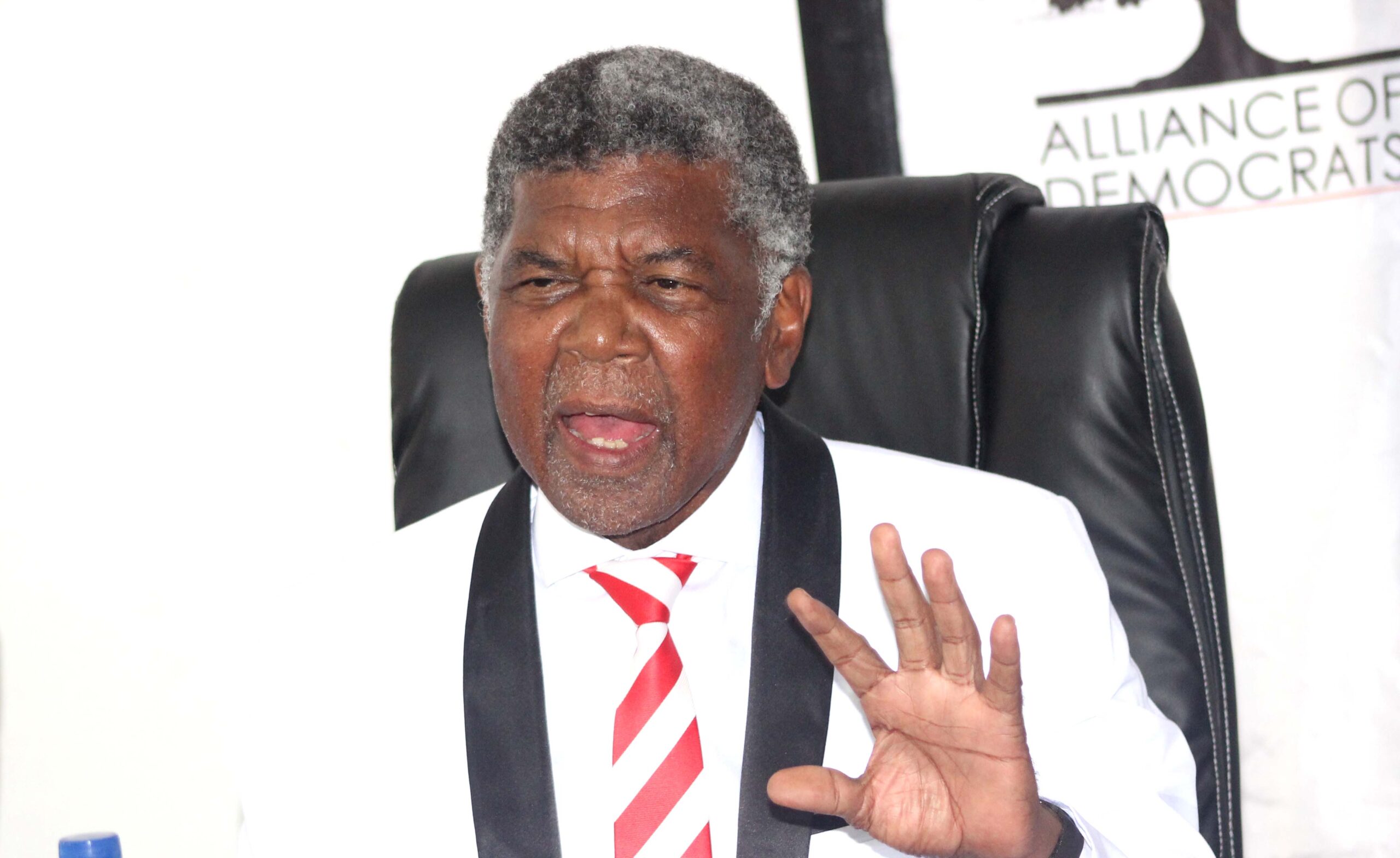Bereng Mpaki
THE opposition Alliance of Democrats (AD) has criticised the government for implementing what it describes as an irresponsible lockdown which lacks any concrete measures to help cushion vulnerable sections of the population from the resultant negative consequences on their livelihoods.
The criticism comes after Prime Minister Moeketsi Majoro on Tuesday re-imposed a nationwide lockdown which includes the total closure of the country’s borders, a ban on intra and inter-district travel as well as restrictions on many economic activities to arrest the soaring tide of Covid-19 infections.
As of yesterday, the country had recorded a cumulative 6 371 Covid-19 infections and 93 deaths.
In announcing the lockdown, Dr Majoro said the country’s hospitals and isolation centres were overwhelmed and could no longer take in more Covid-19 patients. He also revealed that mortuaries had run out of space to accommodate bodies of deceased patients.
In terms of the lockdown only returning residents, those going for medical attention, school and other essential services are allowed to travel to South Africa.
Even local travel has been restricted with the premier saying people were expected to stay at home and only go out for essential services such as purchasing food from grocery stores and seeking medical services.
He said security forces will be deployed to the streets to ensure compliance. Other lockdown measures include the already existing ban on church services and political rallies. Schools will remain closed while prisoners will no longer be able to receive visits from their families and friends. Only health workers, lawyers representing inmates and oversight bodies will be allowed to continue visiting prisons.
The Covid 19 situation will be reviewed on 27 January 2021, Dr Majoro said.
The measures have however, not gone down well with the Monyane Moleleki-led AD party.
In a statement, this week, the opposition party criticised the government for only implementing tough measures while failing to come up with mitigatory policies to cushion vulnerable people whose livelihoods will be severely affected by the lockdown and its attendant restrictions on economic activities.
“Imposing a total lockdown without any plans to mitigate its social impact and without any plans to stimulate the economy after the lockdown is a great shame,” AD secretary general Mahali Phamotse said.
She also attacked what she said was the government’s tendency to simply copy whatever Covid-19 measures were implemented in South Africa without tailoring them to suit the situation in Lesotho.
“The government seems to have an independence problem when it comes to decision-making during this time of the Covid-19 pandemic (sic). The country should approach the pandemic based on its unique situation. Imposing the total lockdown could have a devastating impact on the country. Lesotho has different challenges from South Africa in terms of the level of poverty and ability to address diseases.
“Our Covid-19 response plan must be independent and not mirror that of South Africa. Our plan must consider the needs of different categories of our private sector and the public in general. The premier must stop being a copycat of the South African president (Cyril Ramaphosa)’s Covid-19 speech.
“He (Dr Majoro) does not have a plan on how the people are going to survive during the lockdown. AD would therefore like to advise the government to remember their mandate and start making decisions that show compassion for Basotho.”
From June 2017 until May 2020, Dr Phamotse’s AD party was a member of a four-party governing coalition which was led by All Basotho Convention (ABC) leader, Thomas Thabane.
AD leader, Mr Moleleki served as Mr Thabane’s deputy but he and his party were kicked out of the new Majoro-led coalition forged by the ABC and the Democratic Congress (DC).
The ABC refused to allow the AD to join on the grounds that it had initially resisted the ABC’s moves to replace Mr Thabane with Dr Majoro.
Lesotho’s first lockdown was announced in March 2020 during the tenure of the previous Thabane administration which the AD was part of.
Unlike the current government, the Thabane administration enforced a lockdown accompanied by a host of measures to cushion vulnerable people such as factory workers as well as the economy from the effects of Covid-19 induced slow-down.
These included a three-month industrial wage subsidy for over 45 000 factory workers who were unable to work and could therefore not be paid any wages.
There were also tax and rent holidays for businesses affected by the pandemic as well as loan and insurance premium payment deferments for policy holders for three months.
It is against the background of the current government’s failure to announce similar relief measures that the AD delivered its withering criticism of the current lockdown



